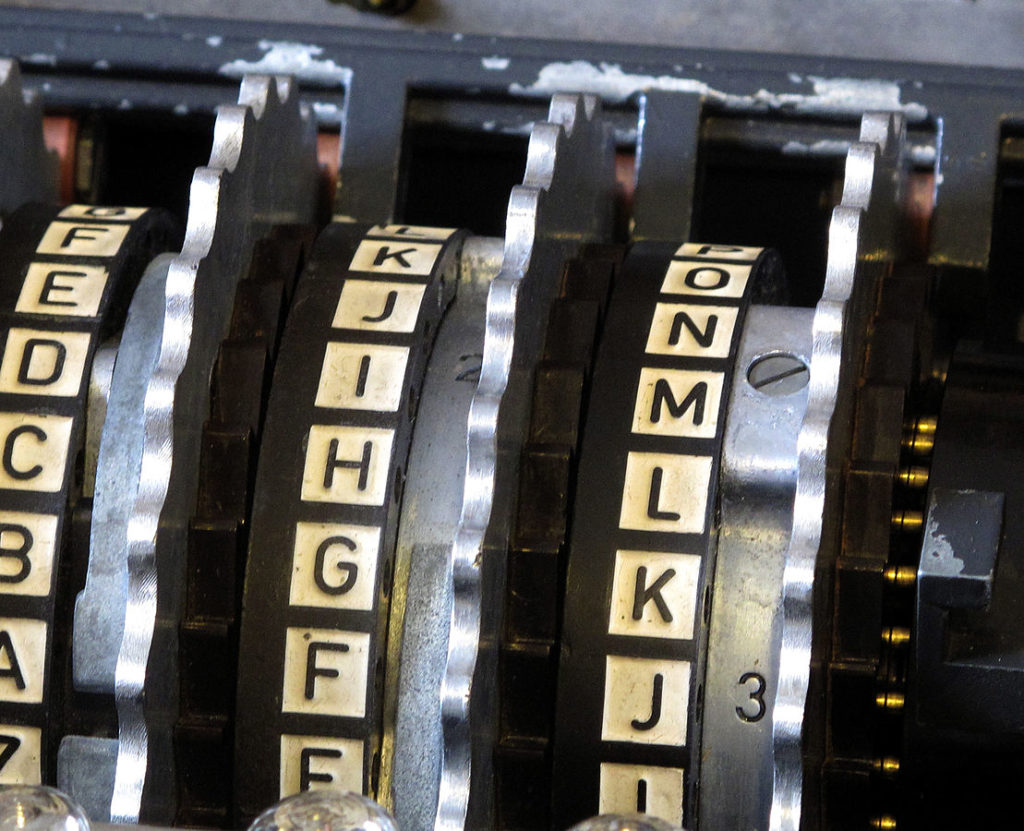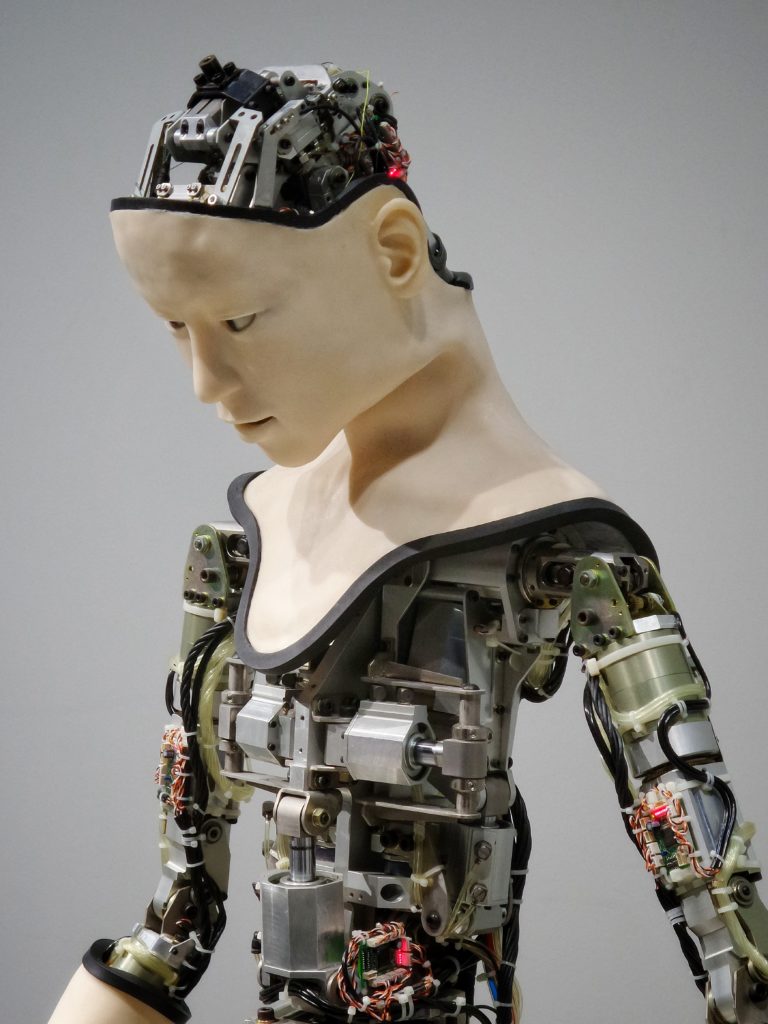
The digital revolution is frequently referred to as the third great revolution for humanity. It follows on from the Agricultural Revolution, which effectively allowed us to create our city dwelling civilisations. The Industrial Revolution allowed us to make a massive mess of our cities.
So, what will the Digital Revolution ultimately do for humanity remains to be seen?
To start with the basics, why “digital”? What has it revolted against? Basically, up to World War II, all technology remained effectively analog, i.e. essentially mechanical. That’s not to say that it was unsophisticated. The German Enigma code machine is an example of just how complex a mechanical technology can be. However, once clicking levers were replaced by electricity hurtling through the binary maze, everything began to expand exponentially and the digital age was upon us.
One of the most important aspects of the early stages of the revolution was that with digital technology data, programs, instructions. This meant that you could suddenly be recorded on tape or even sent down telephone lines. This meant whatever you could do in one location, you could now replicate in any location with suitable hardware.

Clearly, the benefits of this revolution have been incalculable.
If you’re reading this on a phone, tablet, or computer screen – on anything apart from printed paper – you are a digital revolutionary. There is virtually no aspect of our lives that doesn’t encompass dozens of digital technologies. Workplaces, in leisure time, in home life and in education. Generations who have grown up knowing nothing else, life pre-revolution is incomprehensible. It is hard to gainsay the fact that for most people (in the developed world), the digital revolution has made life faster, more exciting, more convenient and more productive.
What have we lost?
However, many people are asking what we have lost. A train carriage full of commuters with every single one glued to a screen. Everyone encapsulated in their own digital bubble. It can be disquieting. Unfortunately there will always be an element of humanity that corrupts any new development for its own ends. The scope of digital fraud and the perils of the “dark Internet” are never far from our digital devices. Furthermore, it should be remembered that this is very much a developed world revolution. Although half the world is now connected digitally in some way, half the world isn’t. Generally that’s the half of the world that builds our digital devices and the goods we buy with them. As with the Industrial Revolution, some people are getting very rich on the Digital Revolution. But how much is at the expense of others?

Nevertheless, unless the predictions of Robert Harris in his latest novel The Second Sleep. The civilization that spawned the digital revolution is consumed by it, leaving no trace bar an occasional non functioning iPhone, come true, there is no doubt that the Digital Revolution is irreversible.
Perhaps more so than at any other stage of this third revolution, we are poised like an electrical impulse within a computer, speeding towards its binary destiny of one or zero. Digital technology could potentially (within our lifetimes) virtually eliminate poverty, disease and hunger. Equally, it could create autonomous weaponry that could annihilate the human race starting with one poorly inputted instruction. We shall live, as they say, in interesting times.
To find out how you can be on the right side of digital history please get in touch at www.encompass-innovate.co.uk